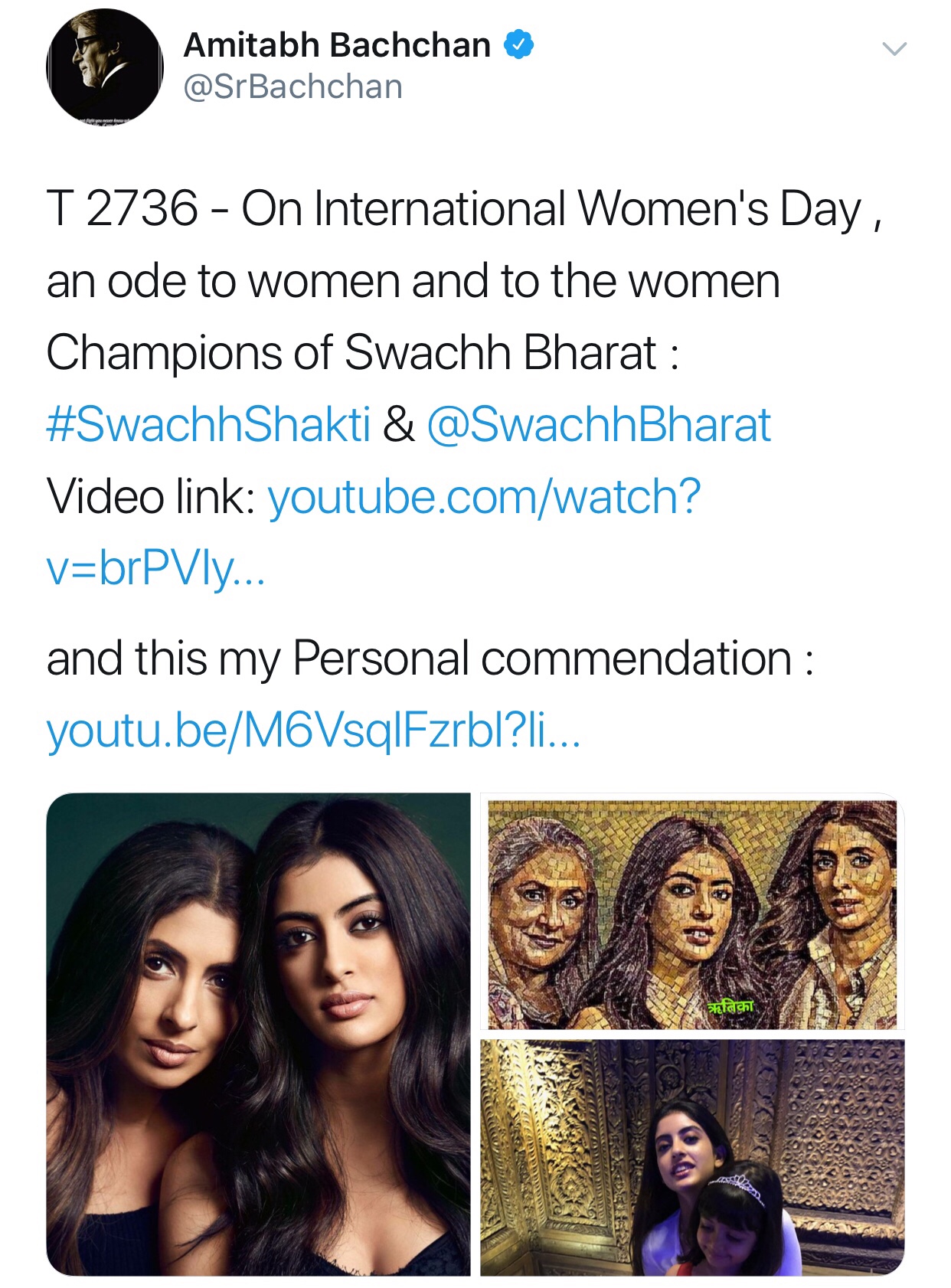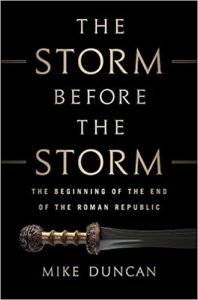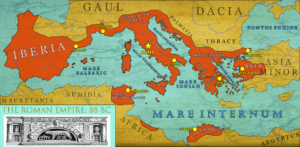Why tribalism wins ?. For this we need to consider what would be the alternative of tribalism?. Individualism. However individuals collaborate to achieve goals . The act of collaboration leads to competition between different kinds of ideas . Here there is big difference between complicated ideas which require deep study which cannot be done over short period of time and simple ideas which require less study. The more complex an idea, the less numbers of people shall be able to follow and the simpler an idea, its easy enough to get many to support them. It should also be easier to get many to debunk them as well. But here we end up with cognitive biases of the mind. No matter the ease with which one might debunk the simple idea, one might still not win the case for the complex idea precisely because it is complex, one might debunk it in favor of another simple idea. This leads to evolution of rhetoric, branding, a way to compress very complex set of ideas into simple enough ideas that can gain support .
In all this, we are now faced with the logistics of how ideas are disseminated , the fidelity with which they are disseminated, all options are made available, how well are all options equally explained. All this requires commitment of workers. So, the requirement of nuance, the logistics of the entire exercise, the need to motivate workers , the simple minded ideas and rhetoric one needs to deploy to win over others to one’s side , especially if one’s own ideas are too complex. This leads to a need for improvisation, rhetoric, taking advantage of cognitive hacks of our minds.
And once these methods are put in place, this machine becomes self sustaining, the use of cognitive hacks will keep getting deployed. All this lead to dominance of tribes over individualism.As it will be the efficiency of how these are run that shall decide the success.
Individualism also leads to spectrum of different positions. As Steven Weinberg once put it, “Without religion, good people will be good and bad people bad, with religion, to get good people to do bad,that takes religion”. As simple as this might sound, One might discover that the personalities of these “good people” might diverge from each other as well. If so, one might find that these good people might further divide themselves as their individual exploration space would be different from each other, their cognitive capacity, their methods of reasoning and subjective experience might all differ. The narcissism of individualism leads to the bizarre culture of validating people for discovery of their personal truth , popularization of phrases like “speaking your truth” comes to the mind. The narcissism of individualism will lead to a culture of much internal bickering and be taken over by the more tribal groups, whether they be internal or external.
Truth is not easy to find for all. At some point one has to go by trust due to the impossibility of one individual gaining perfection in diverse fields .Even in one field, one is far away from experts. This is true at both at the level of knowledge but also at the level of governance. The requirements of building systems of governance to scale leads one to also trust large numbers of people as part of the system. The constraints alone make Tribalism seem necessary. Add to it the divergent thinking styles of people to it along with diverse beliefs of people, how can it not be the case that tribalism would win. Once a tribe is formed based on certain markers, it becomes self sustaining and change the world in unique way in consonance with those tribal markers.
The difference is one therefore as to how an eco system of tribes tame themselves over time and evolve strategies of not trying to out compete each other to harmful effects but to help enable each other and to also solve the trouble of freeloaders .
In absence of clear cut answers one can only go by heuristics and methods to help us. In science and math, it is the consistency of methods, experiments that helps us. They act as guard rails . We need to educate people about guardrails, one such guard rail could be skin in the game and belief in progress in incremental steps, experimental groups one can track over period of time and test for intervention rather than to force experiment on everyone with no way to convince others that one’s ideas are indeed true.





